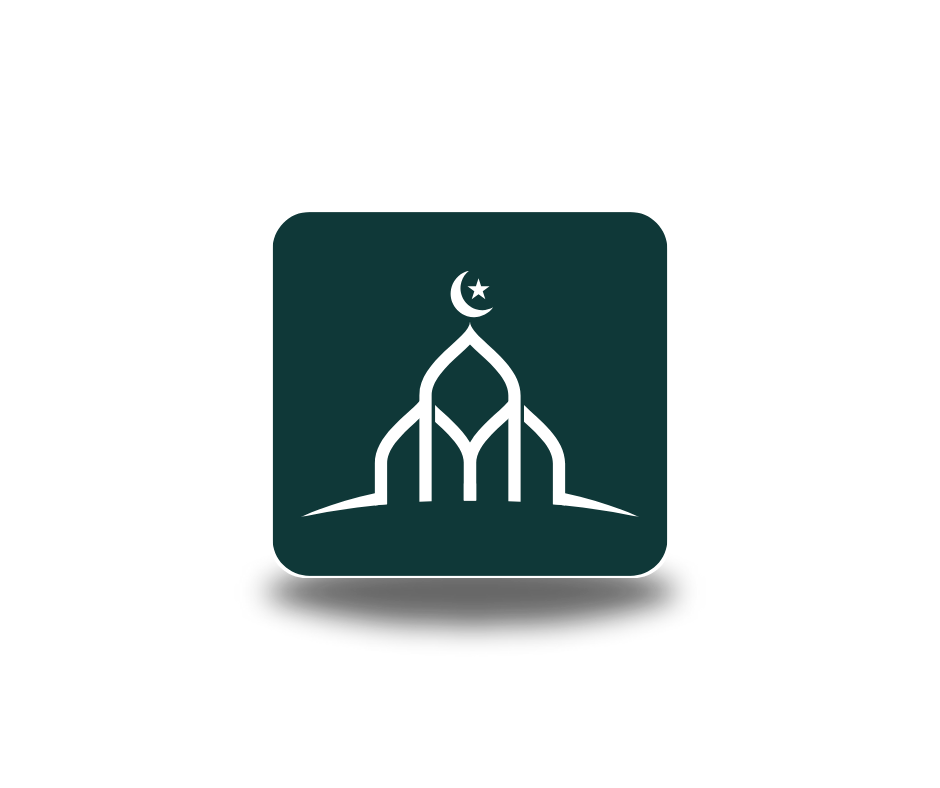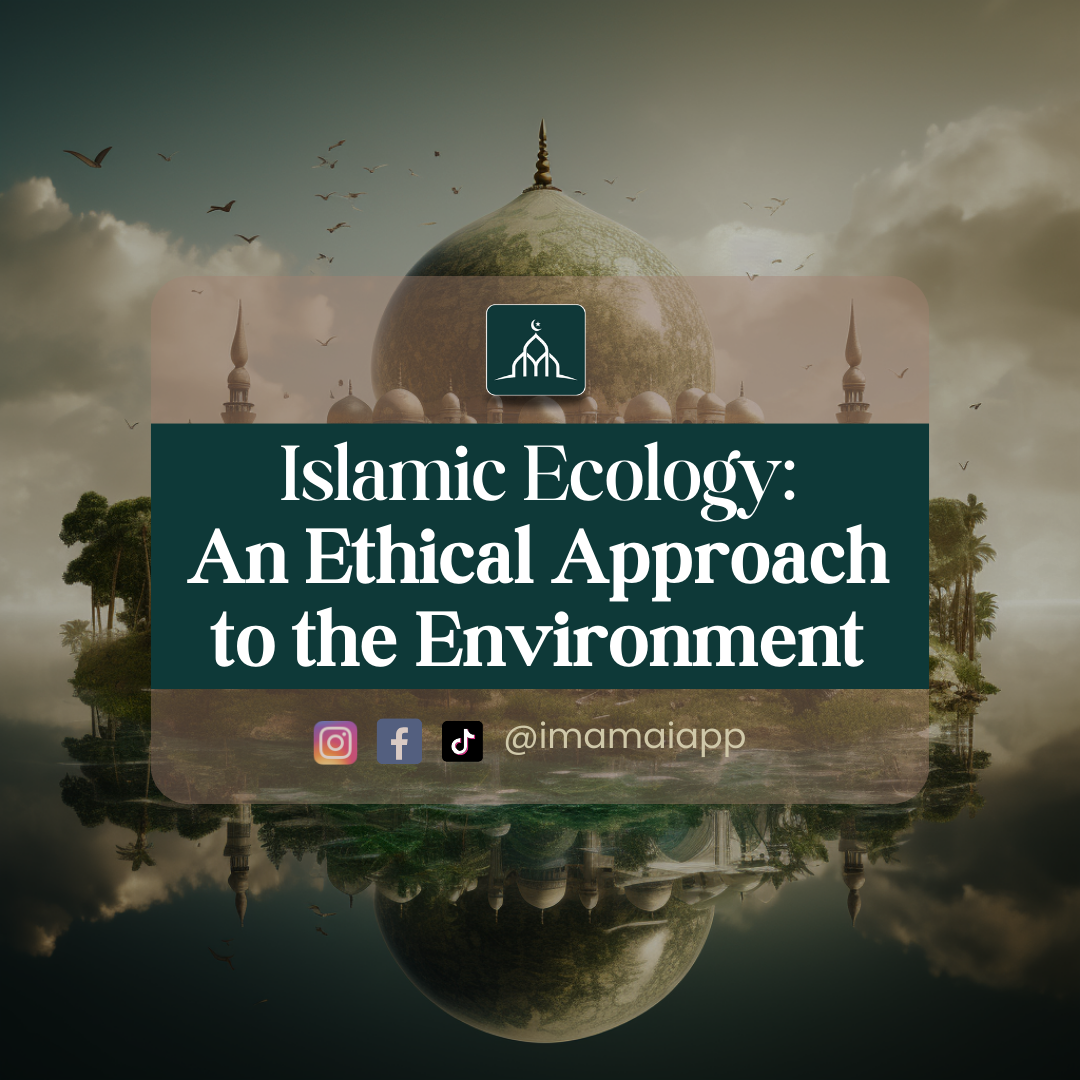Islamic Ecology
In the Quran, Allah says, "It is He who has appointed you stewards in the earth" (Quran 35:39), illustrating the profound responsibility bestowed upon humans to protect and sustain the natural world. This blog delves into the concept of Islamic Ecology, an ethical framework derived from Quranic teachings and the Sunnah of the Prophet Muhammad (peace be upon him), advocating for environmental protection and sustainable living as integral components of Muslim faith.
Understanding Islamic Ecology
Islamic ecology is rooted in the belief that all creations of Allah are interconnected and that humans are entrusted with the Earth's care. The Quranic term "Khalifah" (steward) is often cited to emphasize this custodial role. The Quran says, "And the sky He raised and imposed the balance" (Quran 55:7), urging humans to maintain balance and avoid excess in all aspects of life, including environmental resources.
Principles of Islamic Ecology
1. Tawhid (Unity of Creation): Recognizing the unity of the Creator and creation, leading to a respect for all living and non-living things.
2. Fitrah (Natural State): Living in harmony with the natural world, acknowledging that environmental degradation goes against the innate purity of God's creation.
3. Mizan (Balance): Upholding the balance that Allah has established in all things, which includes the careful and sustainable use of resources.
4. Amanah (Trusteeship): Viewing environmental stewardship as a trust from Allah, with each individual responsible for safeguarding the Earth.
ImamAI's Role in Promoting Islamic Ecology
ImamAI is committed to helping Muslims worldwide reconnect with these ecological teachings and integrate them into daily life. Through the app:
- Quranic Guidance: Users have access to Quranic verses and Hadiths related to the environment, offering divine insight into sustainable practices.
- Learning Modules: Specialized content on Islamic ecological principles educates users on how they can contribute to environmental stewardship.
- Community Initiatives: ImamAI encourages collective action through sharing of best practices and community-led environmental projects.
Moving Forward with Islamic Ecology
As the world grapples with environmental challenges, Islamic ecology offers a spiritually motivated and ethically charged approach to conservation and sustainability. By adopting these principles, Muslims can lead by example in the fight against climate change, habitat destruction, and pollution, ensuring that the Earth remains a healthy, balanced home for all of its inhabitants.
ImamAI invites you to be part of this green revolution, where faith meets action in the service of Allah's creation. Together, let's embrace our role as stewards of the Earth and work towards a more sustainable and just world. Join us on this journey of learning, reflection, and action as we uphold the beautiful balance of Islamic Ecology.

